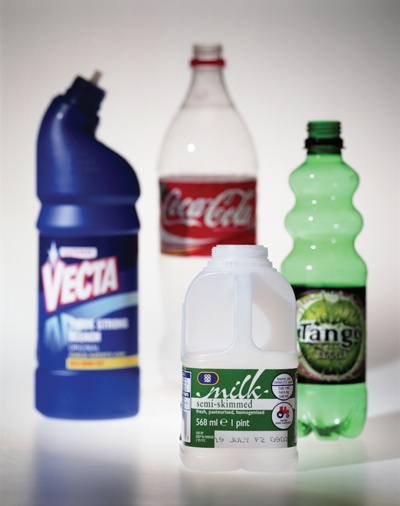£20m government fund for plastics research and innovation

With the role of plastic in modern society under intense public and political scrutiny, the fund will focus on creating innovative circular models of production and consumption, including “the creation of innovative products and methods of recycling plastic”, according to Exchequer Secretary Robert Jenrick MP, who spoke at the launch of the fund on Monday (18 June).
The development of new polymers, processes, designs, recycling regimes and bio-alternatives could all be on the agenda, with the fund split into three sections: £10 million is set aside for business-led research and development, £8 million will go to creative research and £2 million to ‘leadership and knowledge exchange’, developing a UK Circular Plastics Network to consolidate existing knowledge and help kickstart new ideas.
UK Research and Innovation (UKRI) will manage the flow of funding through a number of research groups: the Engineering and Physical Sciences Research Council, Innovate UK and the Natural Environment Research Council. UKRI also plans to work with sustainability organisation the Waste and Resources Action Programme (WRAP) to connect the fund to the right people in business, government and academia and across the polymer, packaging, retail and waste sectors.
“This Fund will bring the strength of UKRI’s entire portfolio, from environment to technology to business to behaviour and regulation, to bear on this pressing and very widely recognised problem,” said UKRI’s lead for the fund, Professor Duncan Wingham. “In addition, it will draw on the expertise of partners who have been working in the waste reduction and recycling arena for some time.”
Science Minister Sam Gyimah, who announced the news earlier this week, commented: “There’s been incredible progress in making people aware of the danger that plastic can do to our environment and our oceans. Today we are announcing a £20-million fund for our best scientists and researchers through UKRI to come up with new technology and also new plastics that do not harm the environment so much. This means moving from our current model of make, use and dispose to a new model where you use, you reuse and you recycle.”
It was also revealed on Monday that the government has received a record 130,000 responses to its recent ‘plastic tax’ consultation. The call for evidence closed on 18 May and asked how the tax system might be used to reduce the consumption of single-use plastics.
Since the consultation was launched, a number of further actions against single-use plastic have been announced, including plans to explore a ban on certain products like plastic straws and cotton buds. More than 40 businesses – including major retailers and supermarkets – have also signed up to the UK Plastics Pact, aiming to improve the recyclability of plastic packaging and eliminate ‘problematic or unnecessary’ single-use packaging by 2025.
UK businesses can apply for a share of up to £4 million from Innovate UK through the Plastics Research and Innovation Fund. Projects should cost between £50,000 and £1 million and must last between three and 24 months, starting by 1 December 2018. Applications must be submitted on the government website by Wednesday 8 August 2018.






